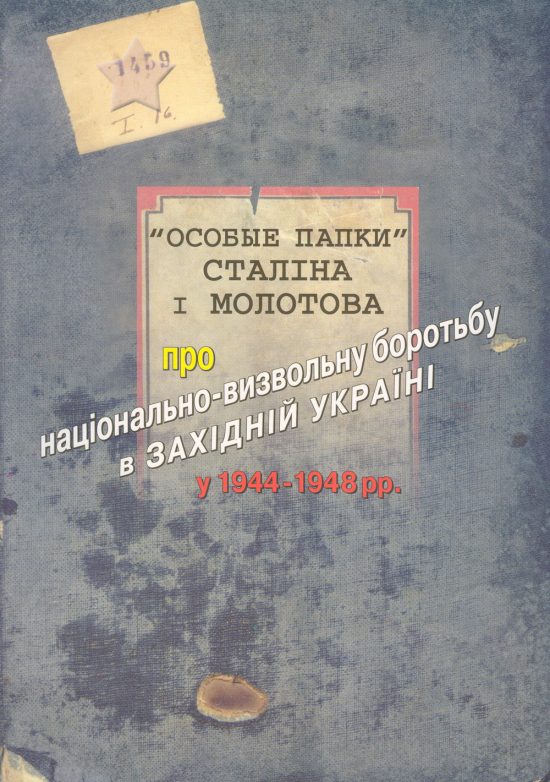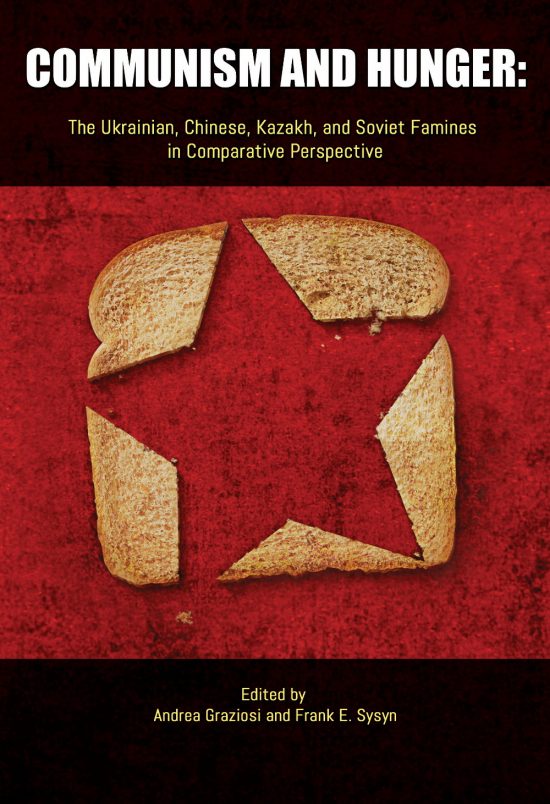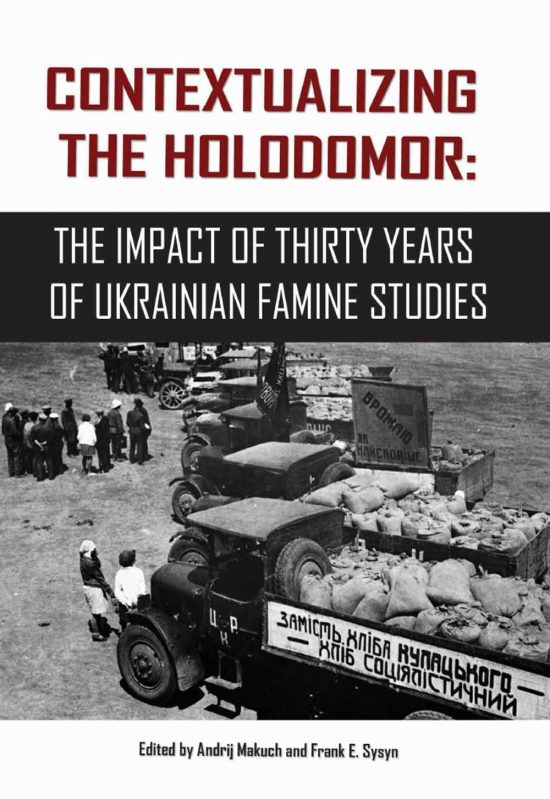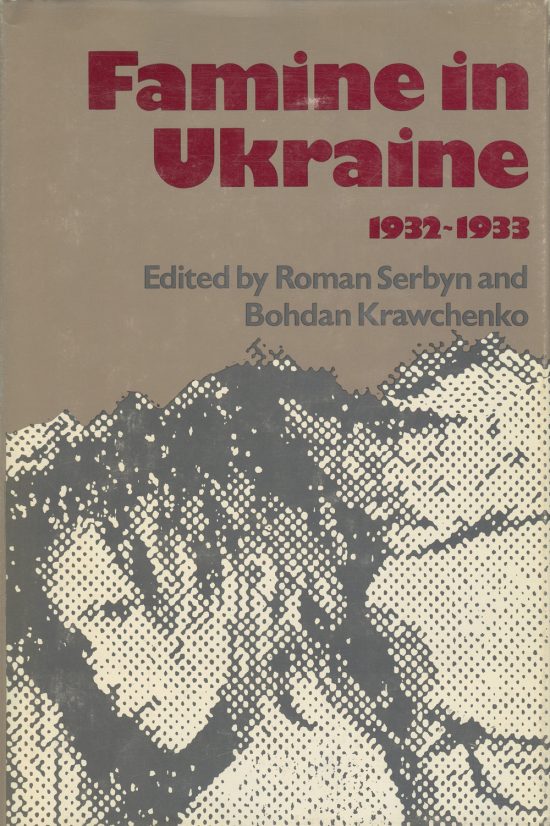Your cart is currently empty!
Україна між сходом і заходом
Published in Ukraine in conjunction with the Institute of Church History of the Lviv Theological Academy, the Ukrainian translation of Ukraine Between East and West presents twelve essays by the distinguished Byzantinist Ihor Sevcenko that explore the development of Ukrainian cultural identity under the disparate influences of the Byzantine Empire and Western Europe (mediated through […]
Description
Published in Ukraine in conjunction with the Institute of Church History of the Lviv Theological Academy, the Ukrainian translation of Ukraine Between East and West presents twelve essays by the distinguished Byzantinist Ihor Sevcenko that explore the development of Ukrainian cultural identity under the disparate influences of the Byzantine Empire and Western Europe (mediated through Poland). For Kyivan Rus’, Byzantium was the source of the Christian religion, as well as of a highly developed literary and artistic culture that stimulated Kyiv’s own achievements in these fields. The author shows how the prestige of Byzantine civilization was reinforced by the activities of Greek metropolitans of Kyiv, Byzantine emperors, religious missionaries and teachers of Greek, dominating the outlook of the Slavic elite during the Middle Ages. This civilization influenced Kyivan culture not only during Byzantium’s period of greatness, but even after the fall of Constantinople to the Turks.
Moving on to the early modern period, Ihor Sevcenko analyzes the impact of the Renaissance, Reformation and Counter-Reformation in Ukraine. The scholarship and new instructional methods of the Polish Jesuits and the assimilative pressure of the Polish church and state compelled the Ukrainian elite not only to rise in defense of its ancestral faith, but also to reshape its traditional culture with the aid of Western innovations. The intellectual ferment of the era is captured in essays on the defense of the Orthodox faith and the religious polemical literature. The essay on metropolitan Peter Mohyla examines the complex cultural world of this important Churchman. Concluding the work is a consideration of the way in which Byzantine and Western influences combined with the Kyivan legacy to produce a distinctive Ukrainian identity.
Sevcenko’s essays, in which a wealth of detail is given coherence by an acute, richly informed analytical perspective, will reward not only students of Byzantine and East European history, but all readers interested in problems of cultural formation and development. Five essays are published here for the first time, while the other seven have been extensively revised and augmented. Bibliographic notes are appended to each essay, and the volume is enhanced with 21-pages of sixteen chronological tables and five fold-out maps (one more than the English language version).
Additional information
| Weight | 0.5 kg |
|---|---|
| Dimensions | 23 × 15.5 × 2 cm |
| Author | |
| Format | Hardcover, Paperback |
| Language | Ukrainian |
| Year Published | 2009 |
Only logged in customers who have purchased this product may leave a review.






Reviews
There are no reviews yet.